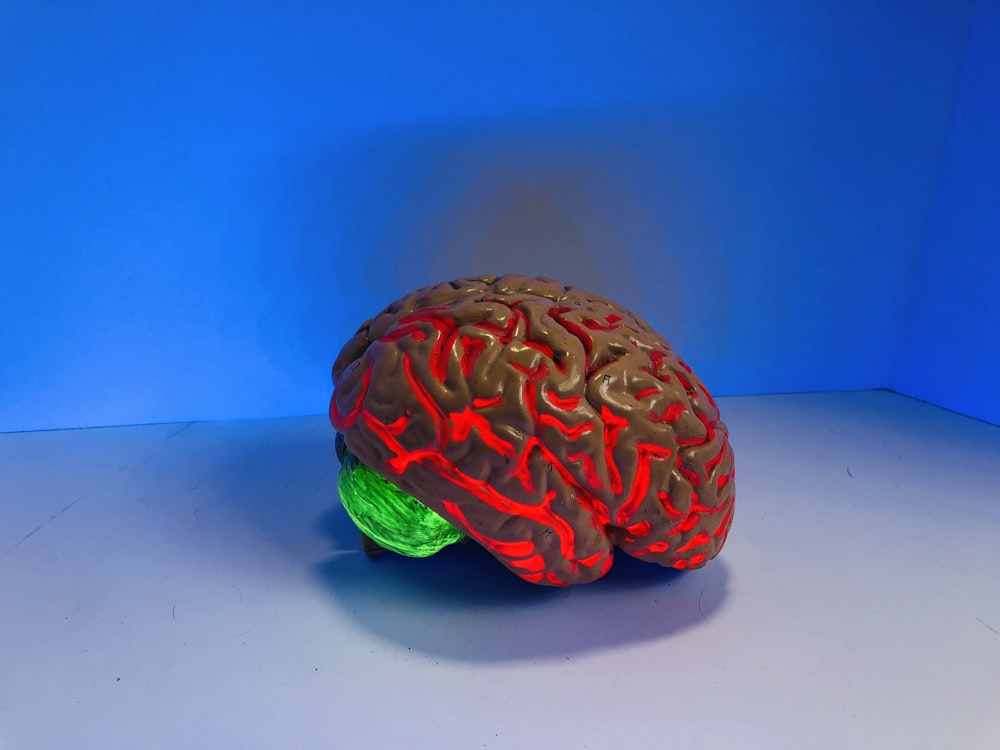When Mattieu Ricard’s book “Happiness: A Guide to Developing Life’s Most Important Skill” came out in hardcover in 2006, I quickly organized a book club to study it. I had finished my master’s degree in Buddhist Studies and taught for a year at the University of Montana in Missoula and had a small group of student/friends eager to dive in with me.
Just before the book came out, Ricard took part in a scientific study of the brainwaves of meditators. Neuroscientists had discovered a correlation between activity in certain parts of the brain and first-hand accounts of happiness. Lower activity in these regions were also clearly correlated with unhappiness and depression. When the scientists saw Ricard’s brain scans, showing “off the chart” activity in the “happiness” area, they quickly declared that he was the happiest man in the world—a title he takes with a grain of salt.
The book, lost somewhere in my shelves at the moment, was indeed a source of much joy and inspiration. But, as he knew then, a book alone was not going to give anyone happiness. Instead, he was honest and clear: happiness is possible, but it takes steady effort.
This year, Ricard, who was once a promising French scientist before becoming a Tibetan Buddhist monk, offers a new book recounting his life as a wandering monk. In interviews with curious journalists, he again is asked about his role as the happiest man alive, as well as his advice for the rest of us.
Don’t Chase Pleasure
One easy starting point in his advice is to stop chasing pleasure. It easy in that we can all comprehend what it means. But of course it’s incredibly difficult because we are all addicted to pleasures of one kind or another.
But as the Buddha taught and his philosophers have repeated since, pleasure is fleeting. And chasing pleasures actually makes us unhappy.
Scientists have confirmed this as well. One study I read about in college looked at people’s feelings of happiness as they ate ice cream. From a base-line of zero, the first bite could quickly take people’s feelings of happiness up to an eight, nine, or even ten. But then that feeling would fade and soon the person would be below zero, actively desiring that next bite. That second bite only took the subjects’ happiness-level up to seven or eight. The bite after that brought them to five or six, and so on. And after each pleasure passed, the loss and emptiness left the person with lower and lower “pleasure hangovers.”
Ice cream is a relatively benign example, as it is not as destructive as alcohol or drugs. But we all find ourselves chasing pleasures in this way. Some of us chase relationships, seeking out the highs we felt when we first fell in love, only to crash further with each subsequent break-up. Some of us chase career goals. Others chase adrenaline through extreme sports.
The key is to slowly, over time, learn to recognize what each of us is chasing after and to learn to find joy without the chase.
Meditate to Know Yourself
The easiest way to better recognize what we’re chasing is to learn meditation. Mediation teaches us to slow down, forcing us to see what is going on in the often-chaotic mind of ours. With enough meditation (this often takes at least a few weeks even to begin to see results), we can start seeing those impulses and fears and desires that had previously been pushing us around. Those thoughts don’t go away, but when we see them, we realize that we don’t need to listen to them.
With meditation, we can also start to see the fears and desires behind other fears and desires. For instance, maybe we desire a house full of stuff because we fear having nothing. We might desire being in a relationship because we fear being alone. Seeing these things, sometimes with the help of a trained meditation teacher or a therapist, we can reconsider whether and how to respond to our desires and fears as they arise.
Accept the Complexity of Life
Ricard also recounts a famous Buddhist teaching: if someone hits us with a stick, we don’t get angry with the stick, do we? No, we instead get mad at the root of the problem: the other person. According to Buddhist psychology, much of the time, we are being driven around by psychological forces that basically turn us into the stick in that story.
The moral is that we often need to not get angry at other people, but instead get angry at the underlying greed or aversion driving them. We can think of children or animals in this way: we don’t get angry at a toddler or dog for grabbing tasty food and eating it when we haven’t given it to them. We know they are driven by deeper forces. We can also sometimes do this with people we know have an addiction issue. For example, forgiving our friend who keeps lying to us and using drugs after becoming addicted to powerful opioids.
But the same is true, to a much lesser extent usually, of others around us. That friend who is habitually late might be somewhat addicted to other projects and insufficiently organized to get places on time. A relative who won’t visit might have a deep fear of flying or long car-trips that they just feel too embarrassed to discuss with you.
This isn’t to say that we just accept a lying friend or one who is always late. But we can more skillfully respond if we know there is an underlying cause. Often, a lot of frustrated energy is wasted in trying to “fix” someone else’s behavior when we don’t fully understand the underlying issues.
In my next blog post, I’ll offer a few more tips on happiness from Matthiew Ricard, along with his response to the question: shouldn’t we just focus on ourselves entirely?
 Justin Whitaker, Ph.D., holds a doctorate in Buddhist ethics from the University of London. He has given lectures, and taught Buddhist studies and Philosophy at Oxford University, the University of Hong Kong, the University of Montana, and at Antioch University’s intensive study-abroad program in India. A certified meditation teacher, he is a regular contributor to Patheos.com, and Senior Correspondent for Buddhistdoor Global. Justin is the official blog writer for Sunflower Counseling MT in Missoula, Butte, Kalispell, Billings, and surrounding areas. He lives in Missoula with his family.
Justin Whitaker, Ph.D., holds a doctorate in Buddhist ethics from the University of London. He has given lectures, and taught Buddhist studies and Philosophy at Oxford University, the University of Hong Kong, the University of Montana, and at Antioch University’s intensive study-abroad program in India. A certified meditation teacher, he is a regular contributor to Patheos.com, and Senior Correspondent for Buddhistdoor Global. Justin is the official blog writer for Sunflower Counseling MT in Missoula, Butte, Kalispell, Billings, and surrounding areas. He lives in Missoula with his family.



